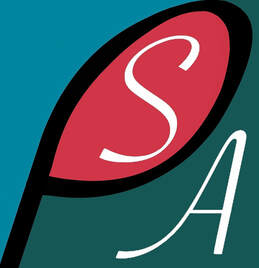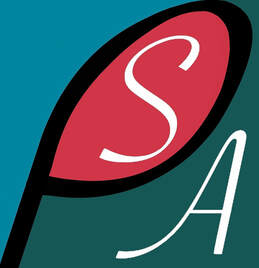|
Hopefully we all recognize the importance of deliberate language use in teaching. As a high school math teacher, I know that understanding strict definitions and being deliberate in our use of them is paramount to shaping student understanding.
It is well established that using inclusive language helps students feel safe and welcome in the classroom. Providing a safe environment allows students to take risks and feel secure when making mistakes. Since mistakes are the best opportunity for learning, it seems self evident that a safe place to make mistakes facilitates the most opportunity for learning. With these ideas in mind, I would like to present a simple idea: Stop calling our students "kids!" In making a case for this plea, first let's look at the Merriam Webster dictionary definition to clarify the meaning of the word. kid Function: noun 1 a : a young goat b : a young individual of various animals related to the goat 2 a : the flesh, fur, or skin of a kid b : something made of kid 3: a young person ; especially : CHILD —often used as a generalized reference to one especially younger or less experienced <the kid on the pro golf tour> <poor kid> Let us assume that we don't view our young people as baby goats, or any type of related livestock. With this assumption in mind, it must be true that we intend the last definition. To paraphrase: kid- a young person or child who is less experienced. Think of the implications this has about attitudes towards our students. Some things come to mind for this author. It may suggest that we don't value our students previous experiences, or it may suggest that the teacher is the only holder of knowledge, or possibly that we view our students as livestock. It is doubtful that anyone would consciously make any of these claims, but our use of language needs to be deliberate. In the classroom I choose to use terms such as: student, pre-adult, people, young people, or mathematics apprentice. These or many similar terms can suggest an attitude of respect and recognize students potential as learners. There is a huge paradigm in the education industry that we "teach our kids." My claim is that the paradigm needs to shift. We teach people, and those people will be the policy makers and stewards of tomorrow's world. Give them the respect they deserve, delete "kid" from your vocabulary unless you are talking about baby goats or toddlers. I doubt either of those groups will ever feel the sting of your words the same way our teenagers, pre-adults, and students might. Please comment below if you would like to add your perspective to the conversation.
1 Comment
|
By: Mr. WoodfordI will reflect on ideas and practices I learn through my formative years as a classroom math teacher. Archives
August 2018
Categories |
Search by typing & pressing enter

 RSS Feed
RSS Feed
